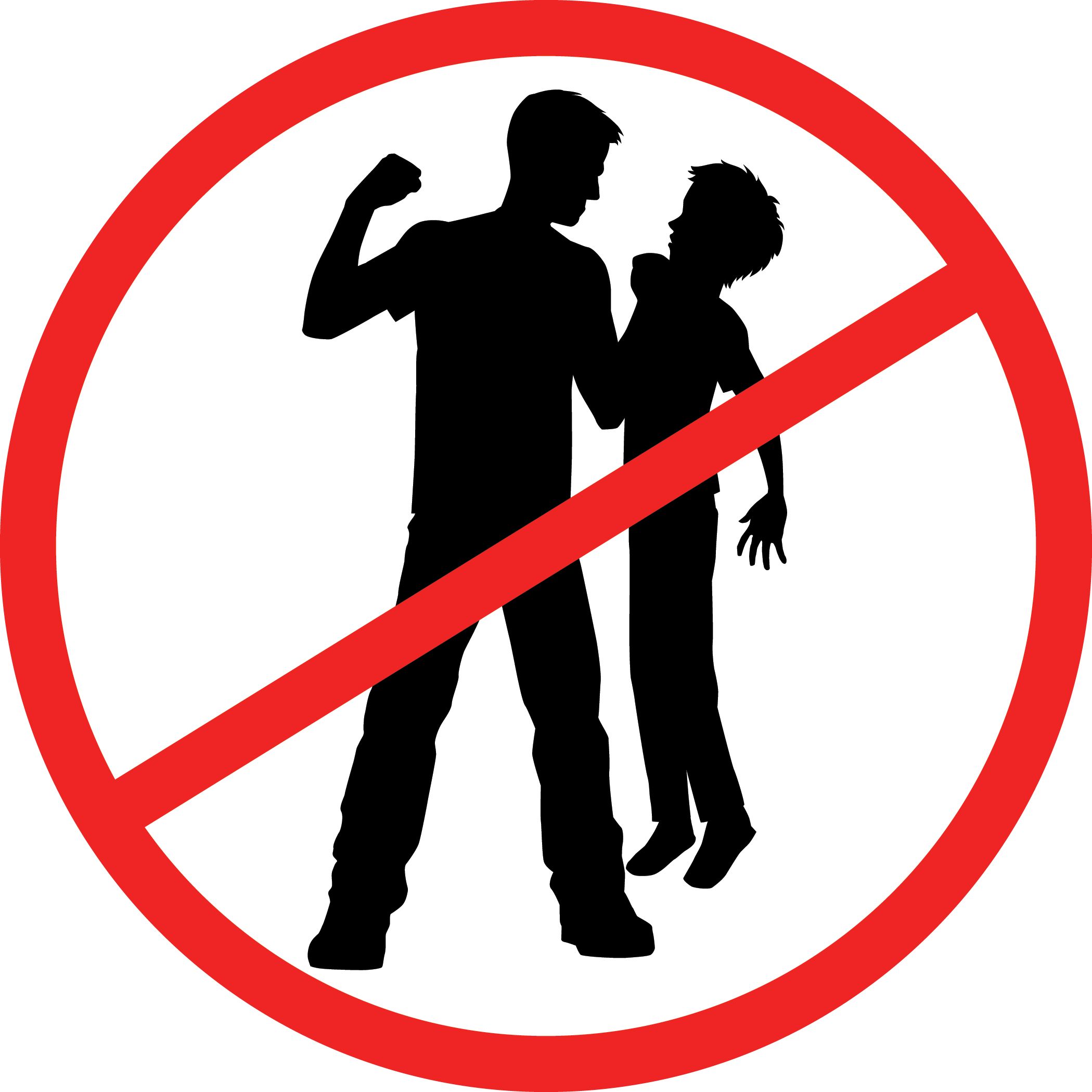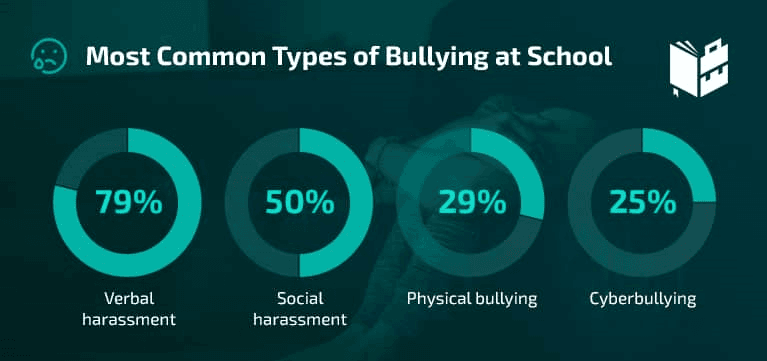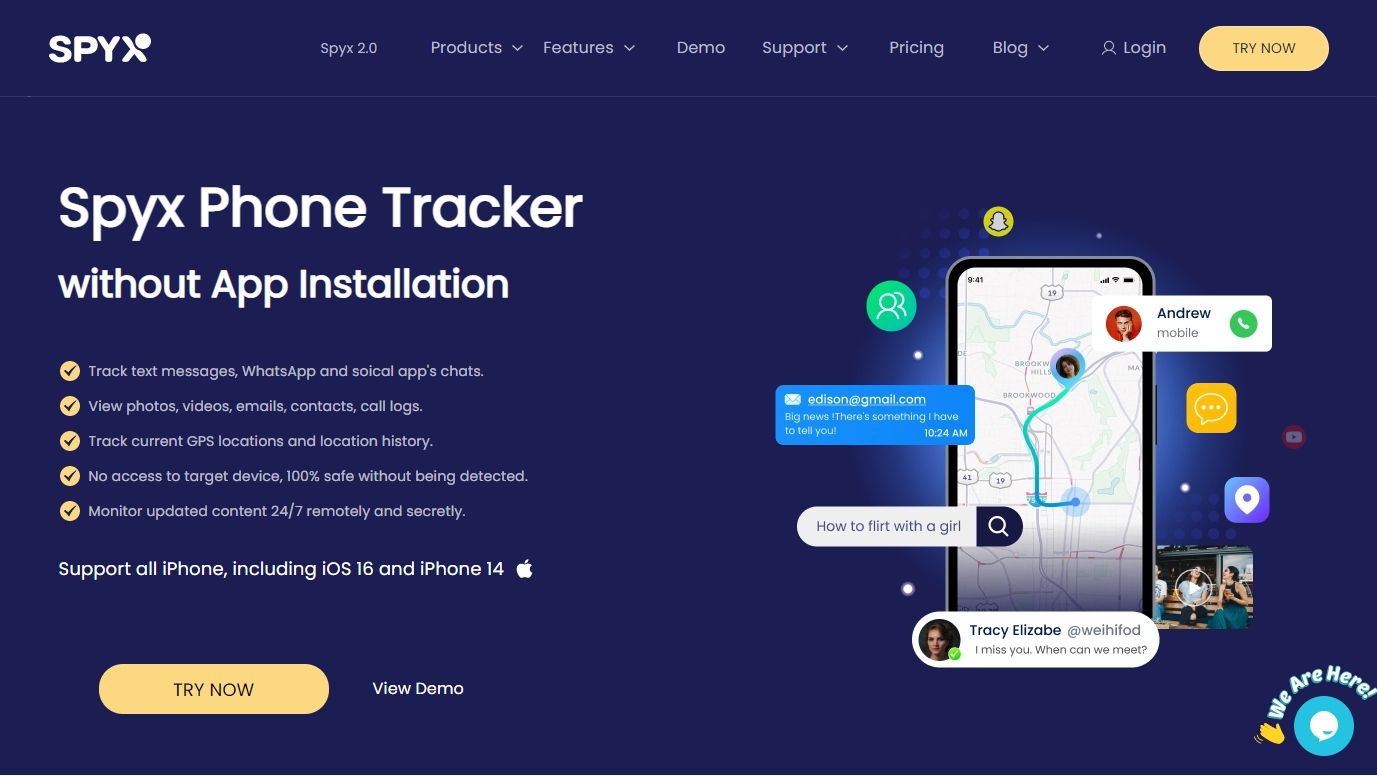How to protect children from bullying – Signs & Strategies
No parent likes to think about their child being bullied or, even worse, being a bully but the fact is, more than half of all children are involved – either as a perpetrator, victim, or witness. So, there’s a good chance you’ll have to deal with it at some point. If your child is being bullied there are things you can do to help them.

Bullying Statistics Every Parent Should Know

1.90% of students in 4th to 8th grade admit they’ve experienced bullying
2.1 in 6 high school kids reports being bullied online.
3.Only 39% of high school students notified an adult of bullying
4.70% of students have witnessed bullying
5.Over 160,000 kids refuse to go to school each day because of bullying
Types of bullying
Bullying is the repetitive, intentional hurting of one person or group by another person or group, where the relationship involves an imbalance of power. It can happen face-to-face and online.
Bullying at school
Although bullying is sometimes seen as “a part of growing up” or “kids being kids,” imagine the kid who is picked on every day, whether physically, socially, or through cyber-bullying. Think about Rebecca Sedwick, the 12-year-old who committed suicide in Florida following a year of bullying at the hands of two young girls. To Rebecca, the bullying was so serious and distressing that she took her own life.
Or consider the 8-year-old boy who writes to Santa Claus about his twin sister bullied over her weight: "Dear Santa ... I wanted a (remote control) car and helicopter, but I don't want that anymore. Kids at school are still picking on my sister and it’s not fair … I prayed that they will stop, and she needs your help."
When students and school staff, parents ignore bullying, they are sending a message that bullying is either acceptable or unstoppable. The solution to this is to create a positive environment where inclusion, respect for differences, and trust between teachers and students are essential. This type of environment can deter bullying from happening and provide student bystanders with the awareness and tools they need to take positive action when bullying does occur.
Internet bullying
As many students enter their second year of online education, this is an even more important and timely topic, especially for younger generations. Because they're all living with this technology, the first thing they do when they wake up is check social media. With an increasingly online lifestyle, cyberbullying can take many different forms.
Cybergangs differ from cyberbullying in that they encourage coordinated out-of-group behavior. It involves motivating others to work together to actively harm another group - one of its strategies. Another online harassment tactic is "naming and shaming," also known in China as "human flesh searches," in which victims' personal identities or contact details are made public, making them vulnerable to harassment, stalking, and other abuse.
The emergence of this particularly cruel and insidious form of cyberbullying poses a serious threat to internet users, platform owners and society. Cybermoulding has more serious adverse consequences than cyberbullying because victims experience multiple attacks from a group of people, making it difficult for them to fight back. In addition, abusive and manipulative posts used in online crowdfunding provoked angry responses and polarized society.
Why do kids keep bullying a secret?
Bullying is never easy, especially for a child. Being bullied makes them feel powerless and helpless. Children often try to handle the situation independently to feel in control again. They also fear being seen as weak and are worried about their parents’ reaction, as some adults make a big deal about it and contact the school. Others also fear being judged harshly.
Bullies, on the other hand, are worried and too ashamed to get caught by their parents. Some bullies also feel like no one understands what they’re going through and resort to letting out their frustrations on kids they deem weaker than them.
Are you worried your child is being bullied?
Bullying is a serious problem and can be very upsetting for both you and your child. Children may find it hard to talk about being bullied or bullying others.
You may not be sure that your child is being bullied, but some signs may suggest there is a problem. Look out for:
1.disturbed sleep
2.bed-wetting
3.head and stomach aches
4.problems with concentration
5.changes in behaviour and attitude
6.school refusal
7.bullying other children
8.damaged or missing clothes / money / property
9.asking for more money than usual or stealing money
10.withdrawn or changes in their usual behaviour patterns or attitude
11.distressed or emotional and finds it hard to articulate their feelings
12.changes in their eating patterns
13.changes in their online activity
14.showing evidence of self-harming or even for extreme cases, threatening suicide
15.is unusually tired without a reasonable explanation
16.has unexplained bruises or marks on their body - some may refuse to change for PE
17.repeatedly comes to school without dinner money or a packed lunch
18.seems afraid to be alone and requires more adult interaction
There could be other reasons for these symptoms, so be careful not to jump to conclusions. Could there be anything else bothering your child? Are they finding their school work challenging? Have they fallen out with a friend? Have there been changes in your family like a new baby, a bereavement, a divorce or separation?
Offer your child the chance to talk and hear what they have to say.
Supporting your child
It is important to try and listen without getting angry or upset. Put your own feelings aside, sit down and listen to what your child is telling you. Reflect what you have heard by ‘playing back’ to them what you hear. You can ask them how they want you to take things forward, so they don’t feel excluded from deciding on next steps. Your child may fear reprisals if they report the bullying so they may need lots of support.
Reassure your child it’s not their fault. Remind them that being bullied isn't about being weak and that the person who is doing the bullying has the issues and that is why they feel the need to make others feel this way. Encourage your child to try to appear confident by helping them build resilience as body language and tone of voice speak volumes.
Sometimes people say nasty things because they want a certain reaction or to cause upset, so if your child gives them the impression they’re not bothered, the bullies are more likely to stop. Role-play bullying scenarios and practise your child’s responses. Talk about how our voices, bodies and faces send messages just the same way our words do.
Don’t let the bullying dominate their life. Help your child develop skills in a new area. Encourage them to join a club or activity like drama or self-defence. This builds confidence, helps keep the problem in perspective and offers a chance to make new friends.
Things that may not help
Don’t charge off demanding to see the head teacher, the bully, or their parents. This is usually the very reaction children dread and can cause bullying to get worse. Never tell your child to hit or shout names back. It simply doesn’t solve the problem and if your child is under-confident (and most bullied children are) then it just adds to their stress and anxiety.
Never dismiss their experience, if your child has plucked up the courage to tell you about bullying, it’s crushing to be told to sort it out yourself or it’s all part of growing up. Don’t tell them to ignore it, as this can teach them that bullying has to be tolerated, rather than.
Dealing with your feelings
You may feel anger, hurt, guilt, helplessness, or fear when you hear that your child is experiencing bullying. Your own memories of being a child may help you empathise and find solutions, but they can also get in the way. Think about how you feel before reacting – or you may not be able to help as much as you want.
Don’t be upset if your child wants to talk to other adults and friends about the problem. You, also, may find it helpful to discuss the matter confidentially with your friends – though preferably not with those whose children go to the same school.
Further resources
Get a monitoring app like SpyX

One of the best ways to prevent bullying is to detect it early. And an app like SpyX can help. The monitoring app includes several features to help parents identify bullying and stop it in its tracks before it gets out of control. Here’s what SpyX can do.
Detect bullying in social media chats and texts. SpyX lets you read their private chats on social media apps like Messenger, Instagram, WhatsApp, and Snapchat — all social networks where bullying can run rampant. You can also read their texts, emails, and more. If you noticed bullying behavior in their communications, you’ll be able to address it head on.
Alert you to possible bullying. You can’t always be on top of them. And you don’t have the time to constantly scroll through their conversations. That’s OK. SpyX keeps tabs on their chats or search history and alerts you if any keywords or phrases are used. For example, if you set “kill yourself” as a keyword, SpyX can let you know if those words are used on their phone.
Show you their search history. Are they searching for ways to stop bullying? Or looking to get help? Or looking for a way out? Their search history can offer clues. And SpyX gives you the power to see what they’ve been searching for.
Give you the power to see everything. It’s not just about knowing how to recognize bullying. It’s about being able to see the signs of bullying without being seen. Thankfully, SpyX works in hidden mode, so they won’t know you’re reading their conversations or looking at their phone.
No matter what device they own, SpyX is designed to work perfectly and undetected. While it can’t prevent bullying entirely, it can help you detect it early and hopefully put a stop to it.
More Articles Like This
SPYX'S SOFTWARE INTENDED FOR LEGAL USE ONLY. You are required to notify users of the device that they are being monitored. Failure to do so is likely to result in violation of applicable law and may result in severe monetary and criminal penalties ...







Disclaimer: SPYX'S SOFTWARE INTENDED FOR LEGAL USE ONLY. You are required to notify users of the device that they are being monitored. Failure to do so is likely to result .....
